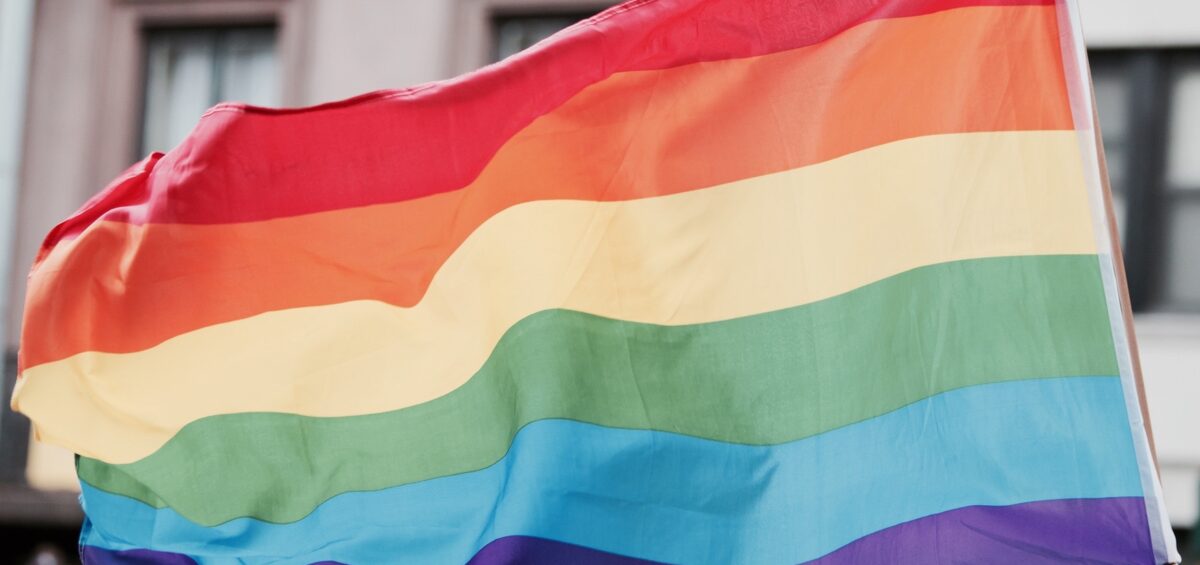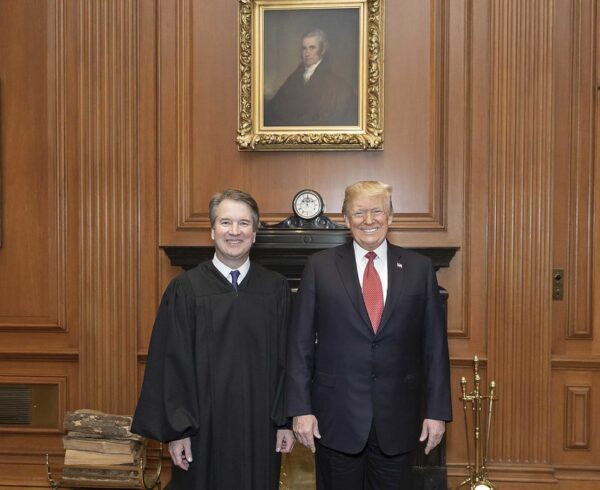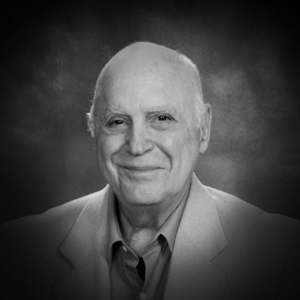I rejoice with my Lesbian, Gay, Bisexual, Transgender, and Queer (LGBTQ) brothers and sisters now that the Supreme Court of the United States (SCOTUS) has ruled same sex marriage is a Constitutional right applicable to all states within our country. Legal scholars, as well as those among us not trained in the law, may debate whether or not the ruling resulted from using bad law to accomplish good ends. Reactions to the ruling from sincere religious and political conservatives also can be interpreted to mean SCOTUS used bad law to accomplish a bad end. Even so, the 5 to 4 decision from SCOTUS is the “law of the land.”
Conflation
Dictionaries define conflation as combining two ideas into one. I believe a primary source of the religious opposition to the SCOTUS ruling on same sex marriage results from the inappropriate conflation of two ideas some people mistakenly assume to be applicable to all US citizens, Constitutional supremacy and Judeo-Christian supremacy. That is, religious and conservative political opposition to the SCOTUS ruling on same sex marriage forgets or willfully ignores a controlling fact: The Constitution governs all citizens while Holy Scripture governs Judeo-Christians, who may no longer constitute a political majority in our country. The SCOTUS ruling, therefore, reinforces the Constitutional principle that the moral and religious beliefs of some citizens, absent a political majority, cannot mandate the behavior of all citizens.
The contention rampant in many religiously conservative circles that the Constitution is a Judeo-Christian document and, by extension, that the US is a Judeo-Christian country establishes the most dangerous outcome of this inappropriate conflation of the Constitution with Judeo-Christianity. I have studied the Constitution on several occasions. Nowhere in this noble secular document can I find a reference to Jesus Christ. I freely admit that many of the Founders who framed the Constitution were Judeo-Christians; some were what we might term, evangelicals. Nevertheless, the Framers produced a religiously neutral document as illustrated by the Establishment and Exercise clauses of the 1st Amendment: Congress shall make no law respecting an establishment of religion, or prohibiting the free exercise thereof…
The only way to circumvent the 1st Amendment’s establishment and free exercise clauses is to engage in the same type of legal arguments for which the four dissenting justices castigated the majority justices in the same sex marriage case: Ruling on some basis other than the plain words of the Constitution. Neither Judeo-Christianity nor marriage hetero – or homosexual are mentioned in the Constitution. Thus, the dissenters on the Court and in the larger community outside the Court seem to have based their reasoning against same sex marriage on the basis of longstanding tradition and interpolation of Holy Scripture.
Religious Freedom
The following article, written by Daniel A. Helminiaka religious scholar, provides a cogent and readily understandable explanation why Holy Scripture probably does not actually condemn homosexuality and same sex marriage: http://cnn.it/1CEhljg.
The crux of the argument revolves, in part, on how erroneous translations of Holy Scripture have contributed to the present difficulties. Accordingly, we may be encountering an example of Holy Scripture not saying what is commonly assumed. Bottom line: If Holy Scripture has been erroneously translated, then religious opposition to homosexuality and same sex marriage is moot, a non-issue. Such translation opinions aside, the ruling by SCOTUS declares that same sex marriage has become a Constitutional right in all 50 states.
Opposition to the SCOTUS decision seems to be building on the grounds of infringement of religious freedom, a concept I consider ludicrous. First and foremost, the SCOTUS ruling does not mean Judeo-Christians opposed to homosexuality will be forced to marry LGBTQ persons. I do not believe a legal challenge by LGBTQ persons against ministers who refuse to officiate at LGBTQ weddings will have much merit and, therefore, much success: Religious weddings probably don’t fall under the category of services governments require for all citizens. After all, what marriage partners would wish to destroy a joyous day by forcing an opposing minister to marry them?
Another type of supposed infringement of religious freedom may be difficult for opponents of homosexuality and same sex marriage: Provision of services and products. For example, wedding photographers and wedding cake bakers may have a hard time prevailing in lawsuits resulting from failure to provide such services and products to LGBTQ persons on the basis of religious opposition. The vast majority of bakers and photographers operate outside of religious institutions. These services, therefore, fall under Constitutional mandates and protection. Refusal to provide products and services to LGBTQ persons has already resulted in massive fines to some business owners who invoked the defense of religious objections to same sex marriage.
Some Judeo-Christians sincerely believe desegregation is sinful because it leads to “race-mixing” and have challenged provisions of the Civil Rights laws passed in the 1960s on the basis of infringement of religious freedom. Certain references in Holy Scripture are cited to support this mistaken religious belief. (I am using present tense here because the problem persists to this day.) To my knowledge, lawsuits based on religious opposition to Civil Rights legislation have not been generally successful, if at all. Yes, a church may refuse to integrate worship services but such refusal confined to the particular church is a religious matter outside the Constitution, unless the church seeks Federal funds to help operate its community outreach programs.
I expect that legal challenges to the recent SCOTUS decision will meet the same non-starter results as similar religious challenges to Civil Rights laws. Nevertheless, I firmly believe persons who wish to make infringement of religious freedom challenges to the results of the SCOTUS decision should have the freedom to waste their time and money.
Furthermore, I reject the argument that the SCOTUS decision will lead, on religious grounds, to diminishing the sanctity of marriage. In this context, we should keep in mind that Judeo-Christian heterosexuals, especially conservative and evangelical groups, have made a mess of conventional marriage: Divorce rates among conservative Christians are significantly higher than for other faith groups, and much higher than for atheists and agnostics. Yes, once again we confront those “pesky facts.”
All Are Sinners
I believe persons who raise infringement of religious freedom arguments to support refusal of services and products and who remain in business are hypocrites of the first order. This refusal apparently comes about because LGBTQ persons ostensibly exist in a sinful state. Being forced to provide services and products, therefore, is an infringement of religious freedom for the objecting business owners. Have these business owners forgotten that all of us are sinners? Logically, the owners must close their businesses because they have no clients who are without sin.
I understand but certainly do not accept the contention that LGBTQ persons persist in a sinful state: They have neither asked for nor accepted God’s forgiveness. Accordingly, refusal of services and products to LBGTQ persons is sanctioned under the precepts of Holy Scripture. Jesus dealt rather forcibly with this theological idiocy, even by committing great Pharisaic sins when he ate with and healed sinners.
If you enjoyed reading this blog post, please consider purchasing my novel, Comfort and Affliction on Amazon or Barnes & Noble.











Mike, you left out one very major distinction in the argument of whether the SCOTUS ruling tramples on the religious rights of those who believe that same-sex marriage is immoral. The SCOTUS ruling only applies to civil(i.e., government sanctioned) marriage. Churches are not obligated to perform same-sex marriage nor are they required to recognize same-sex marriage as a sacrament or as being valid in the eyes of the church or of God. Some churches will recognize and bless same-sex marriage, and some will not. The SCOTUS ruling does nothing to change that. What has changed is that state sanctioned marriage cannot be denied to same-sex couples.
I do not accept the argument that a state employee who issues a marriage license or a state official who performs a marriage is having his religious freedom infringed by being forced to do so for same-sex couples. Theses acts by the state employee do not have any religious meaning, and therefore cannot infringe on the rights of the state employee who is required to perform these acts. Civil marriage is entirely outside of religion, and it is this civil marriage that SCOTUS has said must be allowed and recognized by all 50 states. Issuing a license for a civil marriage, performing a civil marriage, or recognizing a civil marriage is no different than creating a corporation or a limited partnership. While there are certain rights, privileges, and responsibilities that accompany civil marriage, and while most religious marriages are automatically recognized as a civil marriage, a civil marriage is not and never has been automatically recognized as a religious marriage. Many people who were not eligible for a religious marriage (e.g., divorced Catholics, Christians who wished to marry non-Christians, atheists, etc.) have always had the ability of obtaining a civil marriage. All the SCOTUS ruling does is ensure that this right is granted to same-sex couples, regardless of in which state the couple resides. Religiously, these may or may not be considered valid marriages, but as far as the law is concerned, these are no different from any other marriage, and all laws and regulations that grant rights, privileges, and responsibilities as the result of being married apply to these couples just as they apply to any other couple. That recognition is, after all, what the fight was all about.
Useful distinction–constitutional supremacy versus judeo-christian supremacy, thank you for writing this post. I also agree that the conflation is dangerous!